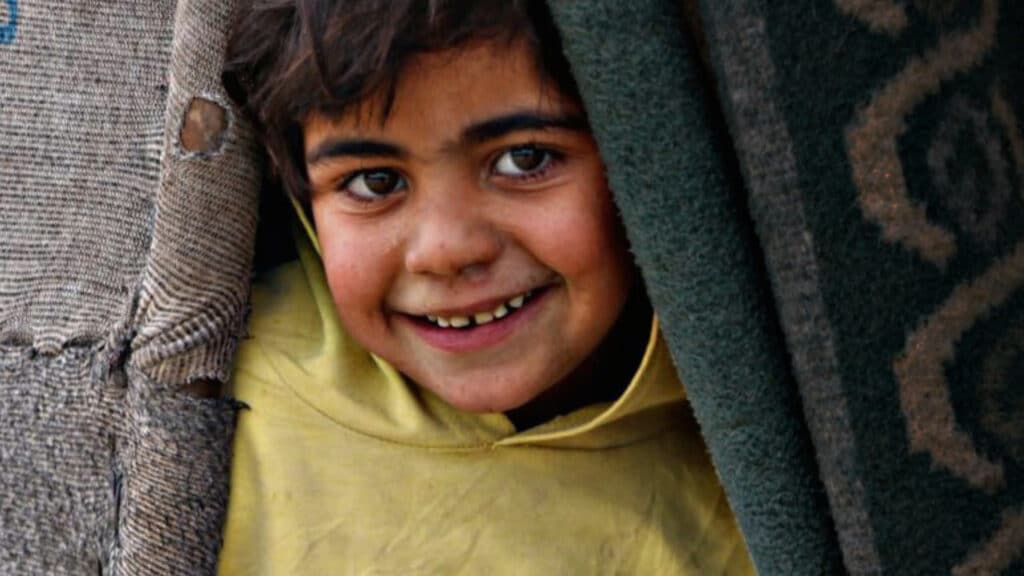Lebanon, a country of 5.3 million inhabitants on the eastern Mediterranean, has faced a series of crises over recent decades.
Since the civil war that raged from 1975 to 1990, the trouble has included wars with Israel – most recently in 2006 – and the present clashes in the south of Lebanon. The possibility of a broader conflict between Hezbollah and Israel threatens to destabilise the country further, and indeed the wider region.
And since 2019, Lebanon has been in a political, economic, financial, social and health crisis.
The country is bordered by Israel to the south, Libya to the north and Syria to the east, all of which have been in conflict in recent years.
The Beirut Port explosion in 2020 shook the whole country. There is also the effort to accommodate the huge influx of Syrian refugees.
The Lebanese pound has lost 98% of its value since 2019, making salaries worthless.
State subsidies on fuel, food and medicine have been cut, increasing prices for the population. Apartment rents have increased dramatically.
Public services and infrastructure have collapsed, and there is an acute electricity shortage. Municipalities are struggling to provide basic services like health, transport and education.
More than half the Lebanese population is living below the poverty line. The Lebanese young are leaving en masse, having lost hope in the future.
Lebanon hosts 1.5 million Syrian refugees, the largest number compared to the total population – 5.3 million – of any country in the world.
Syrian refugees are overall the most vulnerable group, with the UN reporting 9 out of 10 requiring humanitarian assistance. They are unable to buy items to meet their basic needs for food, hygiene, health and housing.
Around half of refugee families are living in dangerous or overcrowded housing. 95% do not have enough food. Syrian refugees, as well as impoverished Lebanese citizens, are skipping meals, not seeking urgent medical treatment, and sending children to work instead of school.
37% of Syrian children in Lebanon aged 6 to 14 years are not in school, while 71% of 15-17 year-olds are out of education. Action Syria supports a school for over 200 children in the Bekaa valley in the east of Lebanon, an area which has also been hit by airstrikes in 2024.
With Lebanese citizens struggling and Syrian refugees living side-by-side in densely populated urban neighbourhoods, competition for scarce resources has caused a backlash against the Syrians.
Lebanon has not signed up to the UN Refugee and Statelessness Conventions, and has no specific policy regarding refugees. As a result, municipalities and community groups have been evicting Syrians from their shelters. Refugees may also be deported from the country.
The host population and government are increasingly calling for their return to Syria. Lebanon claims that large parts of Syria, since being retaken by the Assad regime, are safe for the refugees to return to. But some may face reprisals from the Assad regime, and the UN observes that conditions are not in place for their safe and dignified return.
The UN refugee agency has received only 13% of the funding it needs to cover the needs of the refugees in Lebanon. With many donors focusing on other conflicts, the urgent needs of these vulnerable people risk being forgotten. To improve living conditions for the people in Lebanon, including the Syrian refugees, and to rebuild hope, donors large and small need to urgently provide humanitarian assistance and invest in economic development for both the Lebanese and refugee populations.
Please donate to Action Syria now, so that we can keep supporting our Syrian communities with health and education programmes, and be ready for any emergencies.

Keeping supporters clued up on our work is important to us. Sign up to keep up to date with where the funds go and the impact they have, and how you can support us.